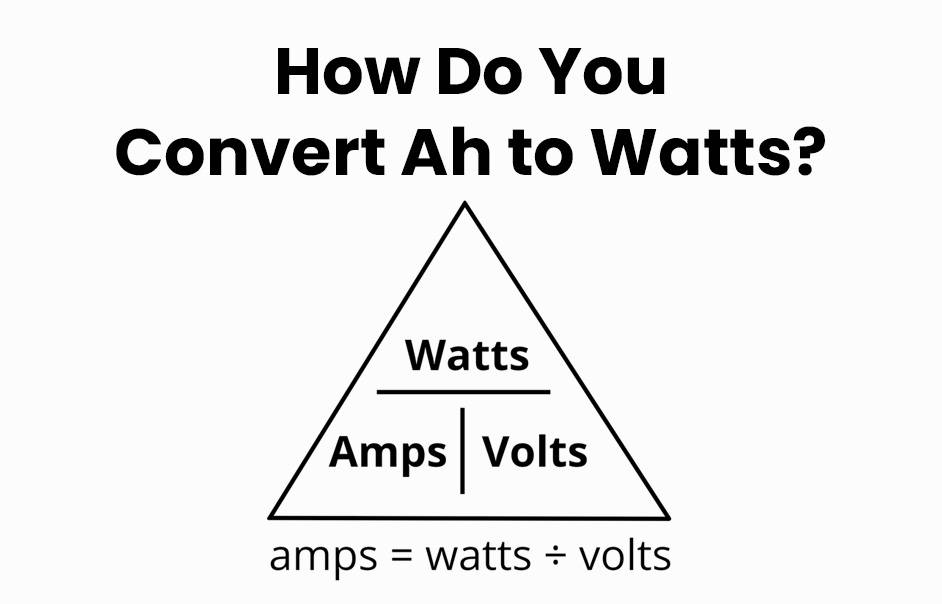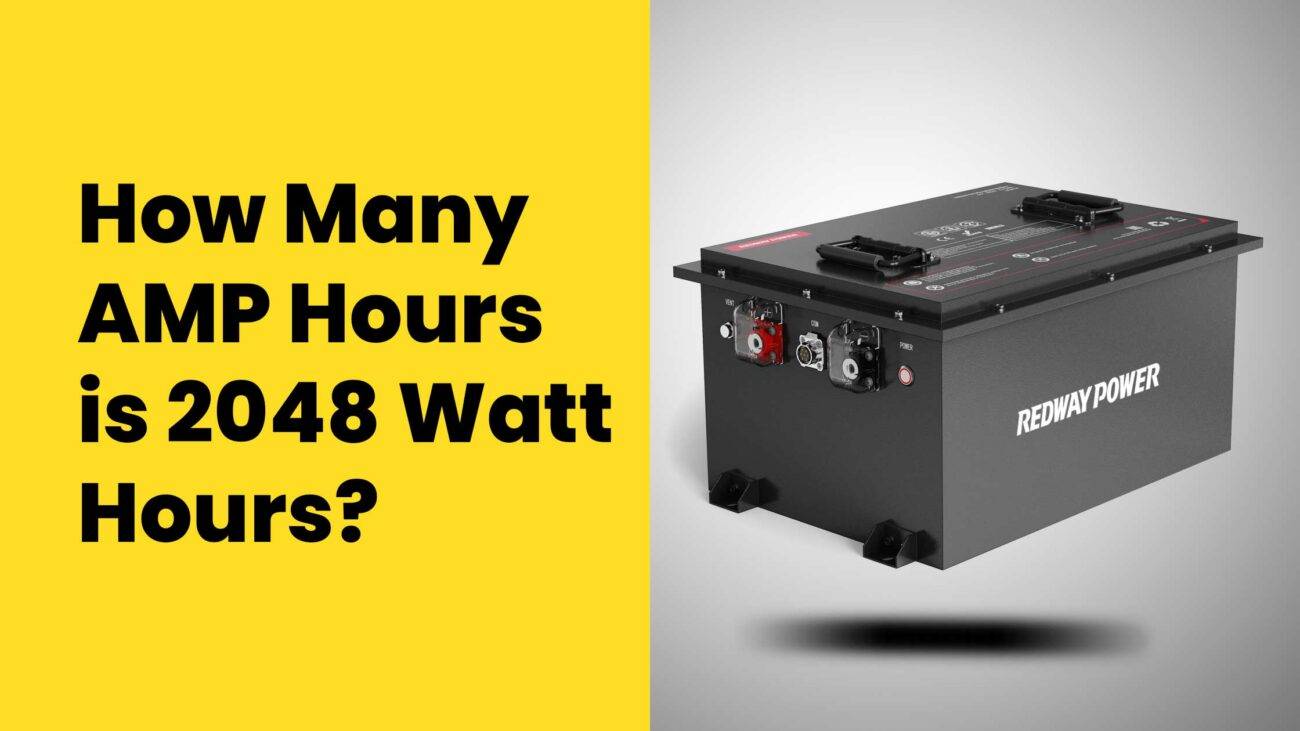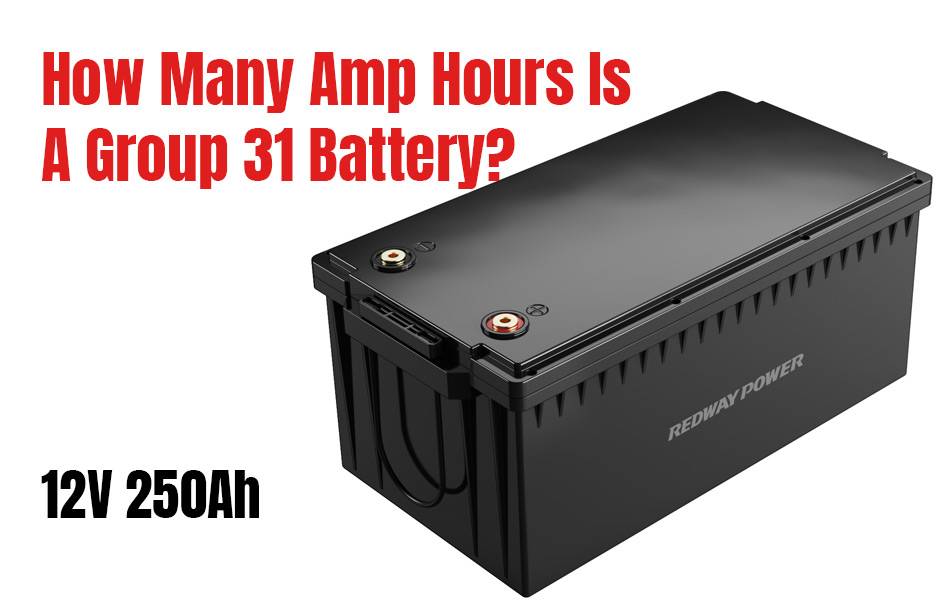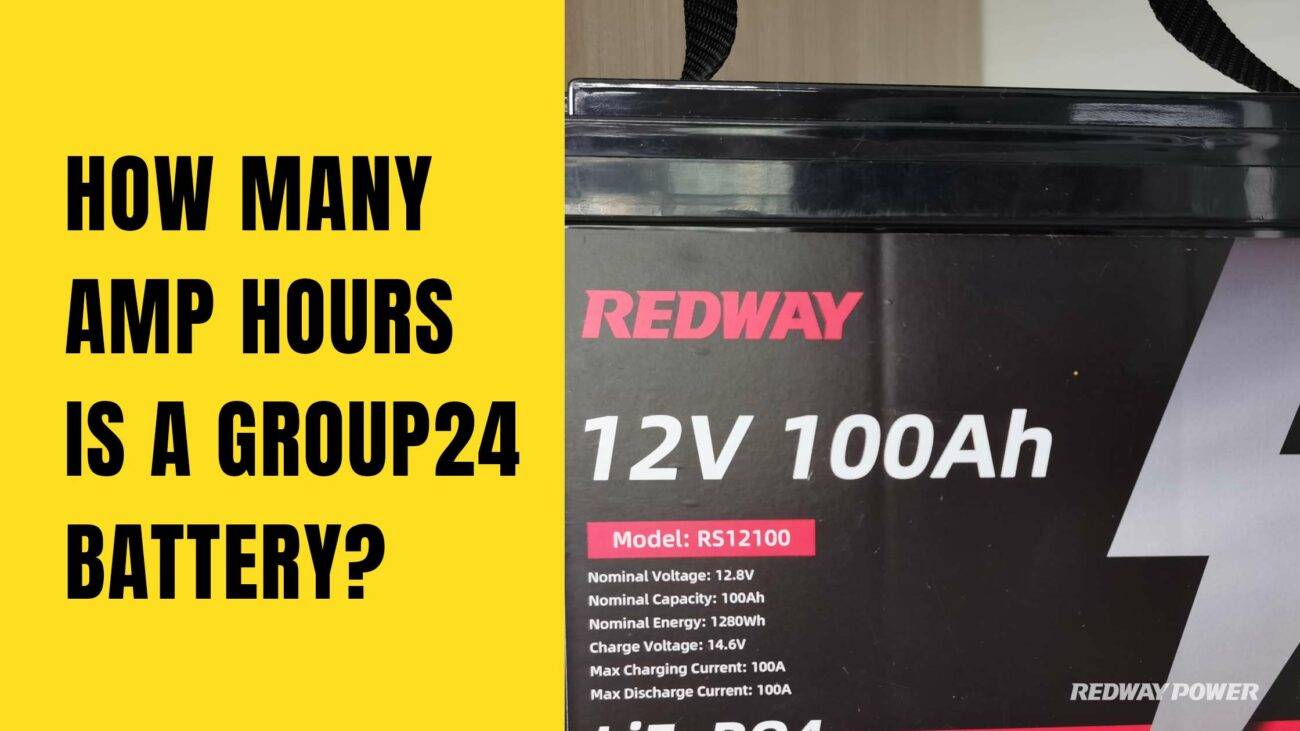- Forklift Lithium Battery
-
48V
- 48V 210Ah
- 48V 300Ah
- 48V 420Ah (949 x 349 x 569 mm)
- 48V 420Ah (950 x 421 x 450 mm)
- 48V 456Ah
- 48V 460Ah (830 x 630 x 590 mm)
- 48V 460Ah (950 x 421 x 450 mm)
- 48V 460Ah (800 x 630 x 600 mm)
- 48V 460Ah (820 x 660 x 470 mm)
- 48V 500Ah
- 48V 560Ah (810 x 630 x 600 mm)
- 48V 560Ah (950 x 592 x 450 mm)
- 48V 600Ah
- 48V 630Ah
-
48V
- Lithium Golf Cart Battery
- 12V Lithium Battery
12V 150Ah Lithium RV Battery
Bluetooth App | BCI Group 31
LiFePO4 Lithium
Discharge Temperature -20°C ~ 65°C
Fast Charger 14.6V 50A
Solar MPPT Charging - 24V Lithium Battery
- 36V Lithium Battery
- 48V Lithium Battery
-
48V LiFePO4 Battery
- 48V 50Ah
- 48V 50Ah (for Golf Carts)
- 48V 60Ah (8D)
- 48V 100Ah (8D)
- 48V 100Ah
- 48V 100Ah (Discharge 100A for Golf Carts)
- 48V 100Ah (Discharge 150A for Golf Carts)
- 48V 100Ah (Discharge 200A for Golf Carts)
- 48V 150Ah (for Golf Carts)
- 48V 160Ah (Discharge 100A for Golf Carts)
- 48V 160Ah (Discharge 160A for Golf Carts)
-
48V LiFePO4 Battery
- 60V Lithium Battery
-
60V LiFePO4 Battery
- 60V 20Ah
- 60V 30Ah
- 60V 50Ah
- 60V 50Ah (Small Size / Side Terminal)
- 60V 100Ah (for Electric Motocycle, Electric Scooter, LSV, AGV)
- 60V 100Ah (for Forklift, AGV, Electric Scooter, Sweeper)
- 60V 150Ah (E-Motocycle / E-Scooter / E-Tricycle / Tour LSV)
- 60V 200Ah (for Forklift, AGV, Electric Scooter, Sweeper)
-
60V LiFePO4 Battery
- 72V~96V Lithium Battery
- Rack-mounted Lithium Battery
- E-Bike Battery
- All-in-One Home-ESS
- Wall-mount Battery ESS
-
Home-ESS Lithium Battery PowerWall
- 24V 100Ah 2.4kWh PW24100-S PowerWall
- 48V 50Ah 2.4kWh PW4850-S PowerWall
- 48V 50Ah 2.56kWh PW5150-S PowerWall
- 48V 100Ah 5.12kWh PW51100-F PowerWall (IP65)
- 48V 100Ah 5.12kWh PW51100-S PowerWall
- 48V 100Ah 5.12kWh PW51100-H PowerWall
- 48V 200Ah 10kWh PW51200-H PowerWall
- 48V 300Ah 15kWh PW51300-H PowerWall
PowerWall 51.2V 100Ah LiFePO4 Lithium Battery
Highly popular in Asia and Eastern Europe.
CE Certification | Home-ESS -
Home-ESS Lithium Battery PowerWall
- Portable Power Stations
How to Convert Amp Hours to Watt Hours

Converting amp hours (Ah) to watt hours (Wh) is essential for understanding battery capacity and energy storage. The conversion is straightforward: multiply the amp hours by the voltage (V) of the battery. This calculation helps in comparing different batteries and assessing their energy output effectively.
What Is the Formula for Converting Amp Hours to Watt Hours?
The formula for converting amp hours (Ah) to watt hours (Wh) is: Wh=Ah×V, where V represents the voltage of the battery. This calculation helps determine the total energy capacity of a battery based on its amp-hour rating and operating voltage.
How do you calculate watt hours from amp hours?
To convert amp hours to watt hours, use the formula:
Wh=Ah×V
Where:
- Wh = watt hours
- Ah = amp hours
- V = voltage of the battery
For example, if you have a 12V battery with a capacity of 50Ah, the calculation would be:
50 Ah×12 V=600 Wh
This means your battery has a total capacity of 600 watt hours.
Why Is It Important to Convert Amp Hours to Watt Hours?
Converting amp hours to watt hours is crucial for understanding a battery’s energy capacity. This conversion allows users to assess how long a battery can power devices, ensuring they choose appropriate batteries for their energy needs and avoid underperformance in applications.
| Battery Type | Voltage (V) | Capacity (Ah) | Capacity (Wh) |
|---|---|---|---|
| 12V Lead-Acid | 12 | 100 | 1200 |
| 24V Lithium | 24 | 50 | 1200 |
| 48V Solar Battery | 48 | 200 | 9600 |
How Do You Convert Watt Hours Back to Amp Hours?
To convert watt hours (Wh) back to amp hours (Ah), use the formula: Ah=Wh/V. This calculation helps determine how much charge a battery can deliver based on its energy capacity in watt-hours and its voltage.
For instance, if you have a battery with a capacity of 600 Wh at 12V, the calculation would be:
600 Wh/12 V=50 Ah
This shows that the battery can supply 50 amp hours at that voltage.
How Do Different Voltages Affect the Conversion?
Different voltages directly impact the conversion between amp hours and watt hours. Higher voltages will yield more watt hours for the same amp hour rating, affecting how much energy is available for devices. Always consider the voltage when performing these calculations.
For example, a battery rated at 24V with 100Ah will provide:
100 Ah×24 V=2400 Wh
This is double the energy output compared to a similar capacity at 12V.
What Are Common Applications for These Calculations?
Common applications include sizing batteries for solar power systems, electric vehicles, and portable electronics. Understanding these conversions helps users select the right batteries for specific devices and ensures adequate power supply for their needs.
- Solar Power Systems: To determine how much energy storage is needed.
- Electric Vehicles: To assess battery performance and range.
- Backup Power Supplies: To evaluate how long devices can run on stored energy.
How Can You Use Online Calculators for Conversion?
Online calculators simplify the conversion process between amp hours and watt hours. By entering the amp-hour value and voltage into the calculator, users can quickly obtain the equivalent watt-hours or vice versa, making it easy to assess battery capacity without manual calculations.
What tools are available for easy conversion?
There are various online calculators that simplify the conversion process. Users can input their amp hour and voltage values to quickly obtain watt hour results without manual calculations. This is particularly useful for those unfamiliar with mathematical formulas.
Amp Hours and Watt Hours Explained in Solar Power Systems (Ah and Wh)
Industrial News
Recent advancements in battery technology have emphasized the importance of accurate energy calculations. New smart batteries equipped with integrated monitoring systems allow users to track both amp hour and watt hour usage in real-time. This development enhances efficiency and ensures optimal performance in applications ranging from renewable energy systems to electric vehicles.
Redway Power Expert Views
“Understanding the relationship between amp hours and watt hours is essential for anyone involved in energy management,” states an expert from Redway Power. “Accurate conversions help users make informed decisions about battery selection and application, ultimately leading to better efficiency and performance.”
FAQs
What is an amp hour?
An amp hour (Ah) measures how much current a battery can supply over one hour.
What is a watt hour?
A watt hour (Wh) measures the amount of energy supplied over one hour at one watt of power.
How do I convert amp hours to watt hours?
Multiply the amp hours by the voltage of the battery using the formula: Wh = Ah × V.
Can I convert watt hours back to amp hours?
Yes, divide the watt hours by the voltage using the formula: Ah = Wh ÷ V.
Why is it important to know both capacities?
Knowing both capacities allows for better assessment of battery performance and suitability for specific applications.By mastering how to convert between amp hours and watt hours, users can better understand their energy needs and optimize their use of batteries across various applications.

Amp Hours to Watt Hours Conversion Charts
| Amp-Hours | Watt-Hours at 12V | Watt-Hours at 24V | Watt-Hours at 36V | Watt-Hours at 48V |
|---|---|---|---|---|
| 50 Ah | 600 Wh | 1200 Wh | 1800 Wh | 2400 Wh |
| 100 Ah | 1200 Wh | 2400 Wh | 3600 Wh | 4800 Wh |
| 150 Ah | 1800 Wh | 3600 Wh | 5400 Wh | 7200 Wh |
| 200 Ah | 2400 Wh | 4800 Wh | 7200 Wh | 9600 Wh |
| 250 Ah | 3000 Wh | 6000 Wh | 9000 Wh | 12000 Wh |
| 300 Ah | 3600 Wh | 7200 Wh | 10800 Wh | 14400 Wh |
| 350 Ah | 4200 Wh | 8400 Wh | 12600 Wh | 16800 Wh |
| 400 Ah | 4800 Wh | 9600 Wh | 14400 Wh | 19200 Wh |
| 450 Ah | 5400 Wh | 10800 Wh | 16200 Wh | 21600 Wh |
| 500 Ah | 6000 Wh | 12000 Wh | 18000 Wh | 24000 Wh |
| 550 Ah | 6600 Wh | 13200 Wh | 19800 Wh | 26400 Wh |
| 600 Ah | 7200 Wh | 14400 Wh | 21600 Wh | 28800 Wh |
| 650 Ah | 7800 Wh | 15600 Wh | 23400 Wh | 31200 Wh |
| 700 Ah | 8400 Wh | 16800 Wh | 25200 Wh | 33600 Wh |
| 750 Ah | 9000 Wh | 18000 Wh | 27000 Wh | 36000 Wh |
| 800 Ah | 9600 Wh | 19200 Wh | 28800 Wh | 38400 Wh |
| 850 Ah | 10200 Wh | 20400 Wh | 30600 Wh | 40800 Wh |
| 900 Ah | 10800 Wh | 21600 Wh | 32400 Wh | 43200 Wh |
| 950 Ah | 11400 Wh | 22800 Wh | 34200 Wh | 45600 Wh |
| 1000 Ah | 12000 Wh | 24000 Wh | 36000 Wh | 48000 Wh |
Why is it important to know both watt hours and amp hours when determining a battery’s energy capacity?
Knowing both watt hours (Wh) and amp hours (Ah) helps determine the total energy and how long the battery can power a device. Watt hours show energy over time, while amp hours reflect current capacity.
How can different combinations of voltage and amp hours achieve the same watt hours?
You can achieve the same watt hours by adjusting voltage and amp hours. For example, 100 Wh can be reached with 10 volts at 10 Ah (10V × 10Ah) or 5 volts at 20 Ah (5V × 20Ah).
How are watt hours and amp hours different from each other?
Watt hours measure total energy (voltage × amp hours), while amp hours only measure current capacity. Watt hours reflect the energy output, while amp hours indicate how much current the battery can provide.
How do you convert watt hours to amp hours?
To convert watt hours to amp hours, divide the watt hours by the battery voltage:
Ah = Wh ÷ V.
How do you calculate amp hours?
Amp hours are calculated by dividing watt hours by voltage:
Ah = Wh ÷ V. For example, a 100 Wh battery at 12 volts has approximately 8.33 Ah (100 Wh ÷ 12V).
How is power measured in watts and watt hours?
Power is measured in watts (W), indicating the rate of energy consumption, and watt hours (Wh) measure the total energy consumed or produced over time.
How does the C rating affect the charging and discharging time of a battery?
The C rating determines how fast a battery can charge or discharge. A higher C rating allows faster charging and discharging without damaging the battery, while a lower C rating results in slower rates.
What does a battery’s C rating indicate?
A battery’s C rating indicates the rate at which it can safely charge or discharge relative to its capacity. For example, a 1C rating means the battery can discharge its entire capacity in one hour.
What is an example of calculating watt hours for a light bulb?
For a 60-watt light bulb running for 5 hours, the energy consumed is calculated as:
Wh = W × time, so 60W × 5 hours = 300 Wh.






















